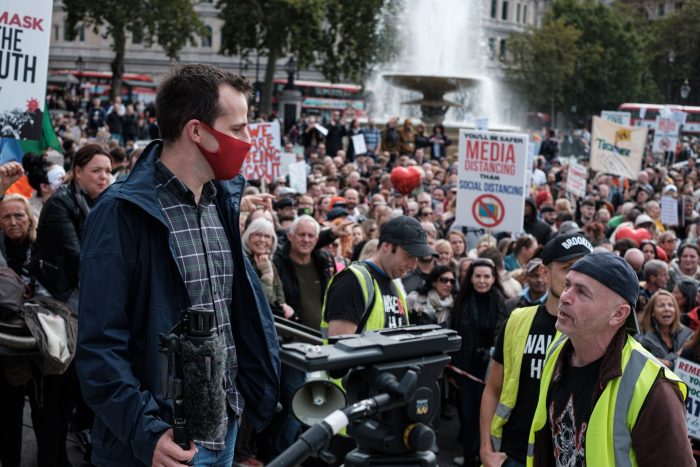Chikezie E. Uzuegbunam, Dani Madrid-Morales, Emeka Umejei, Etse Sikanku, Gregory Gondwe, Herman Wasserman, Khulekani Ndlovu, and Melissa TullyJune 2, 2021
Some college students surveyed showed substantial media literacy — but being able to recognize a fake story didn’t always deter them from sharing it.






